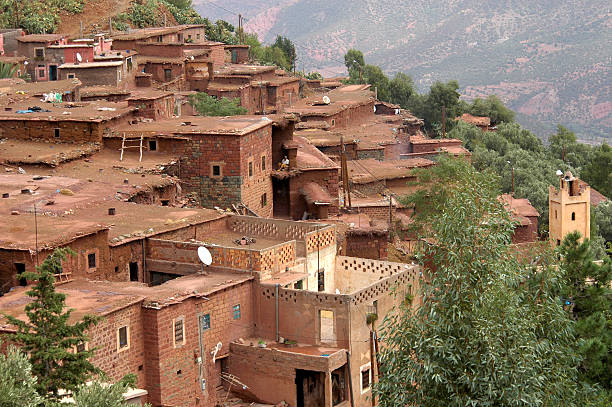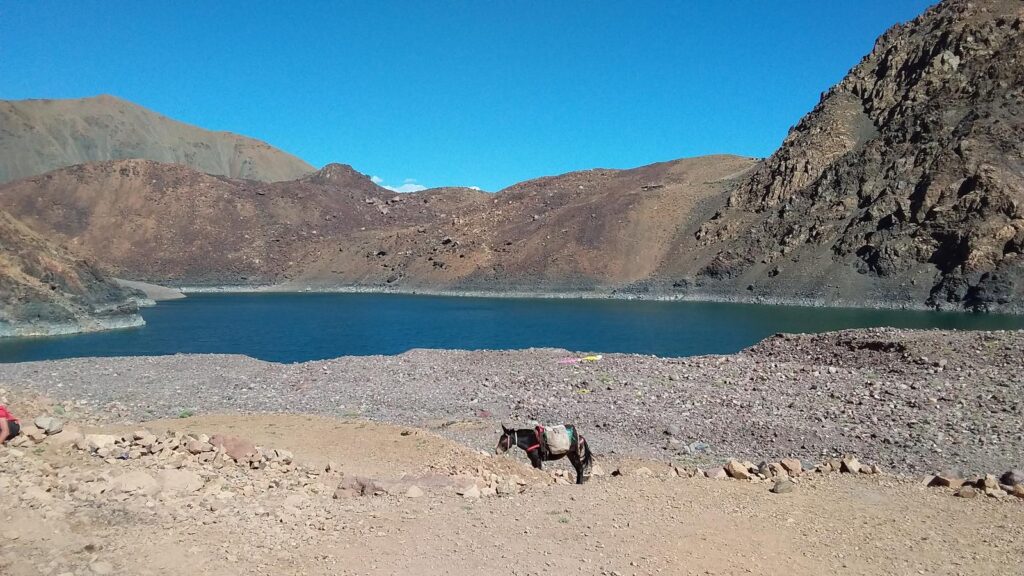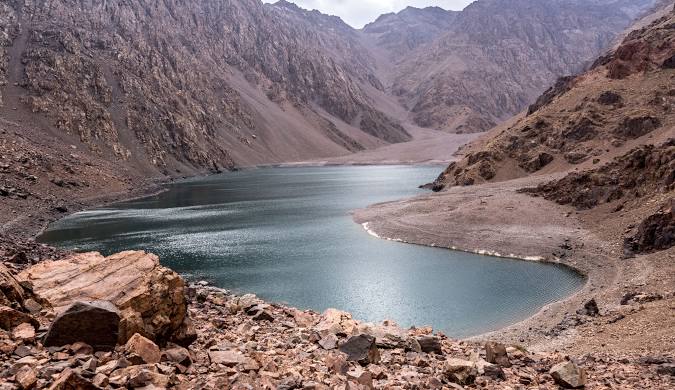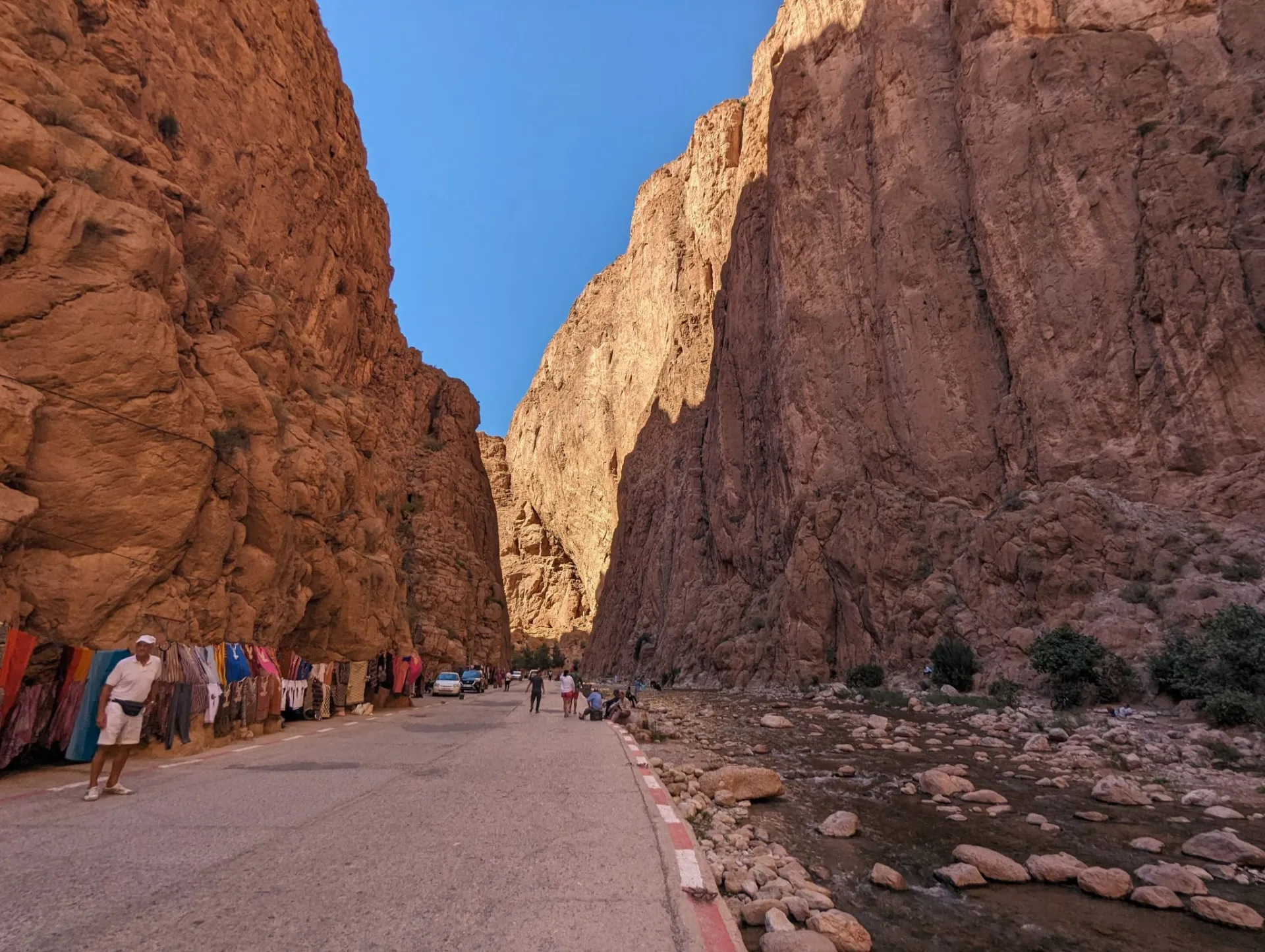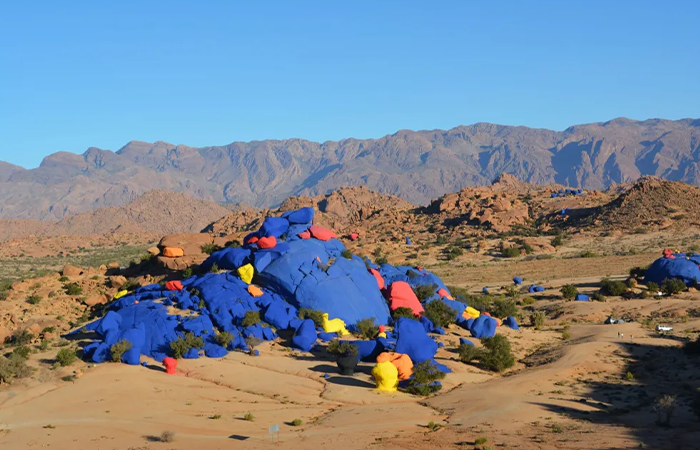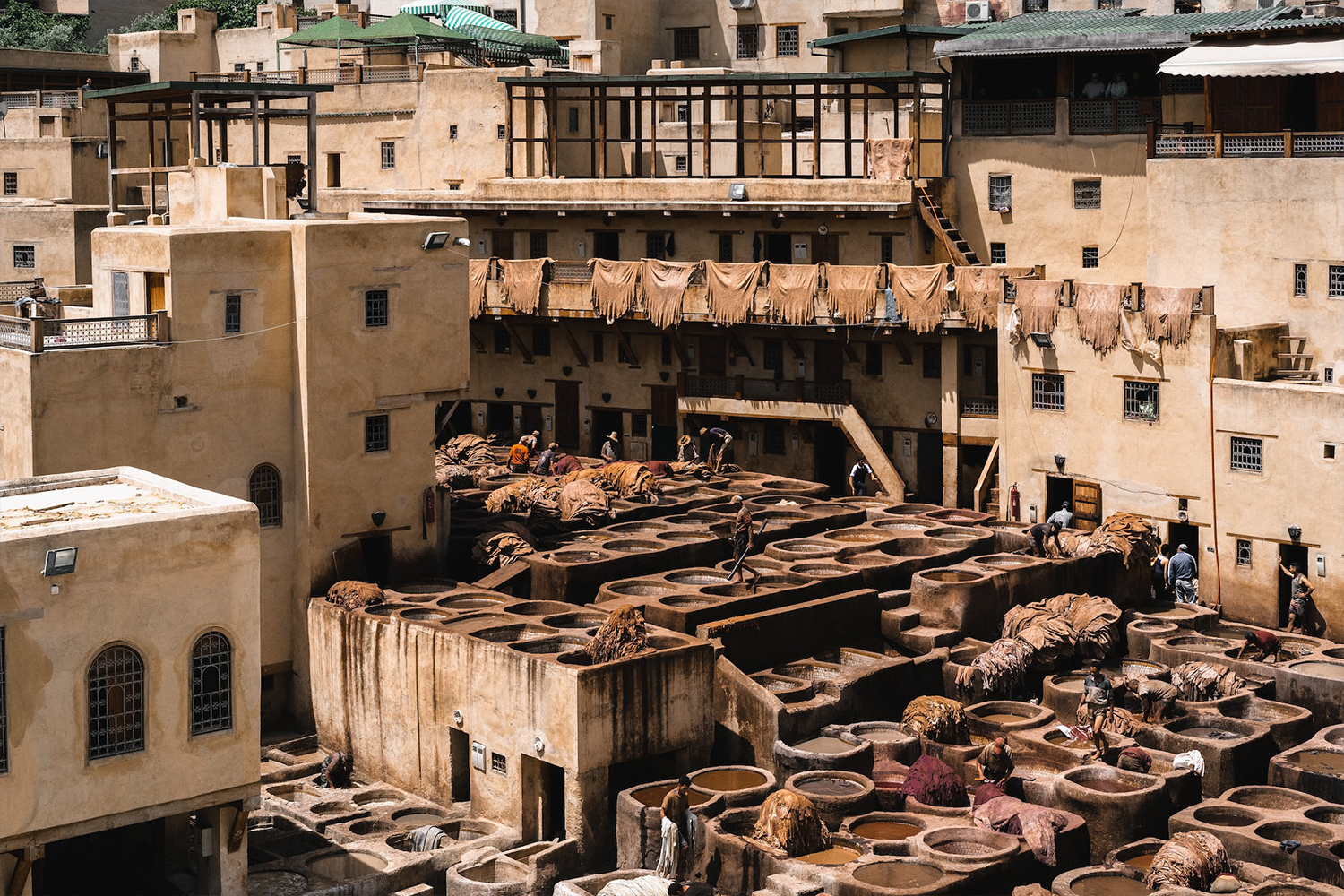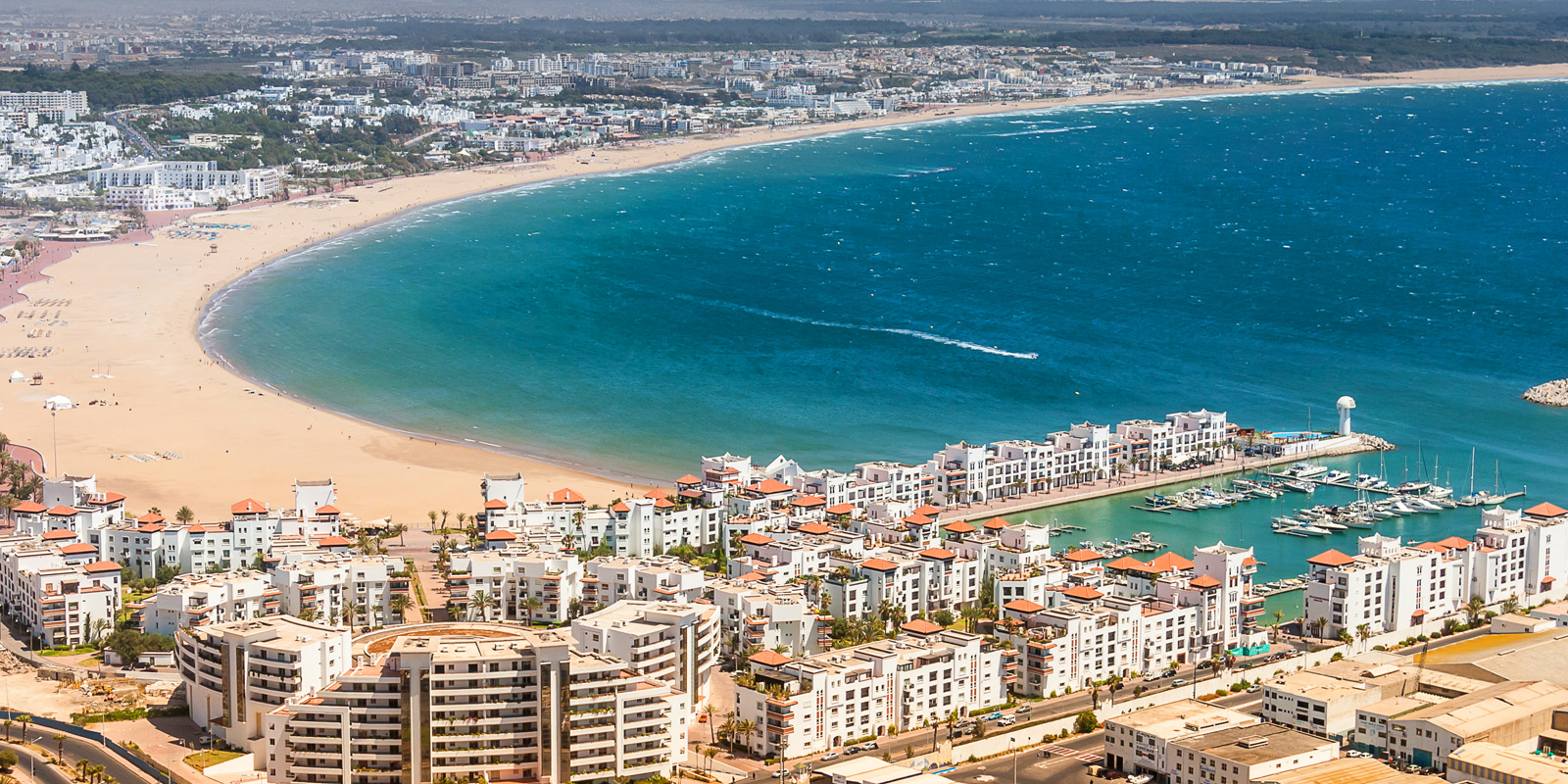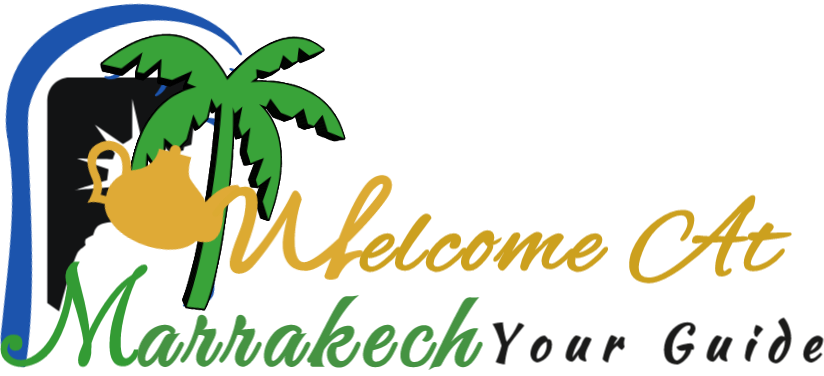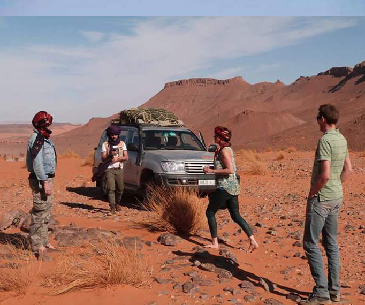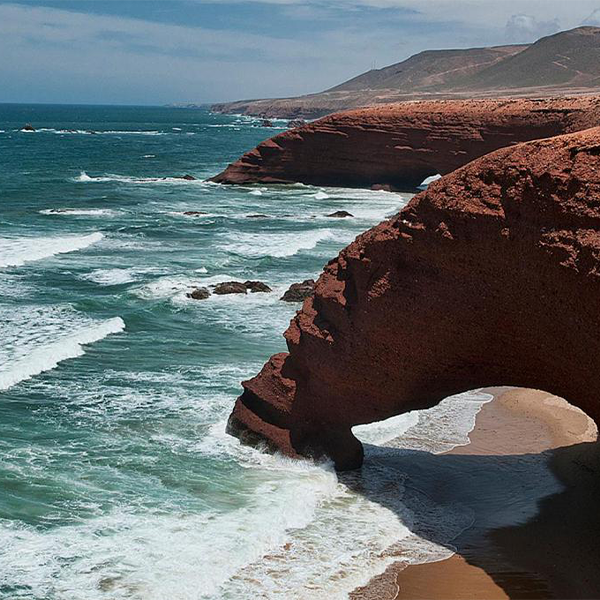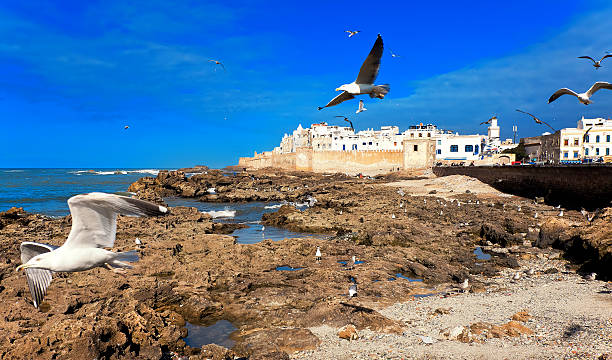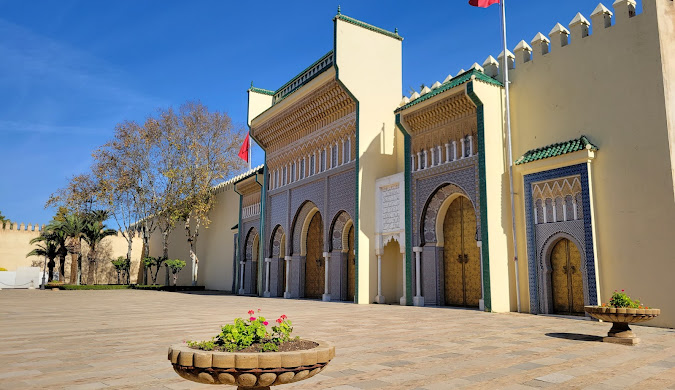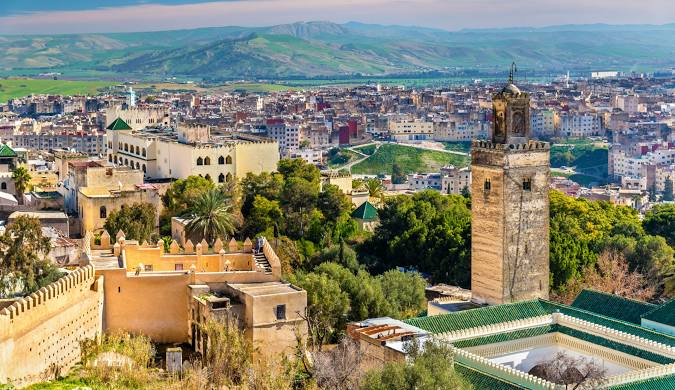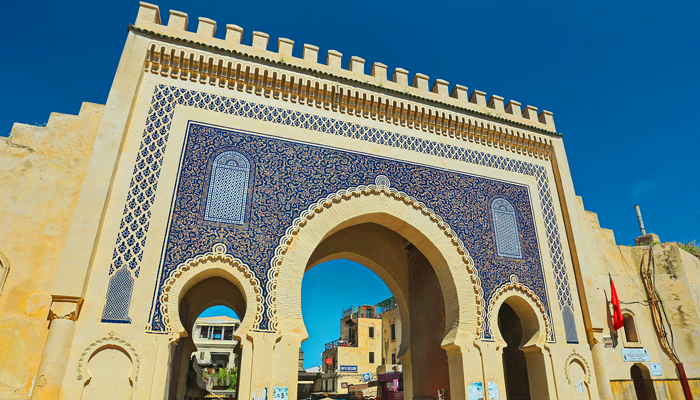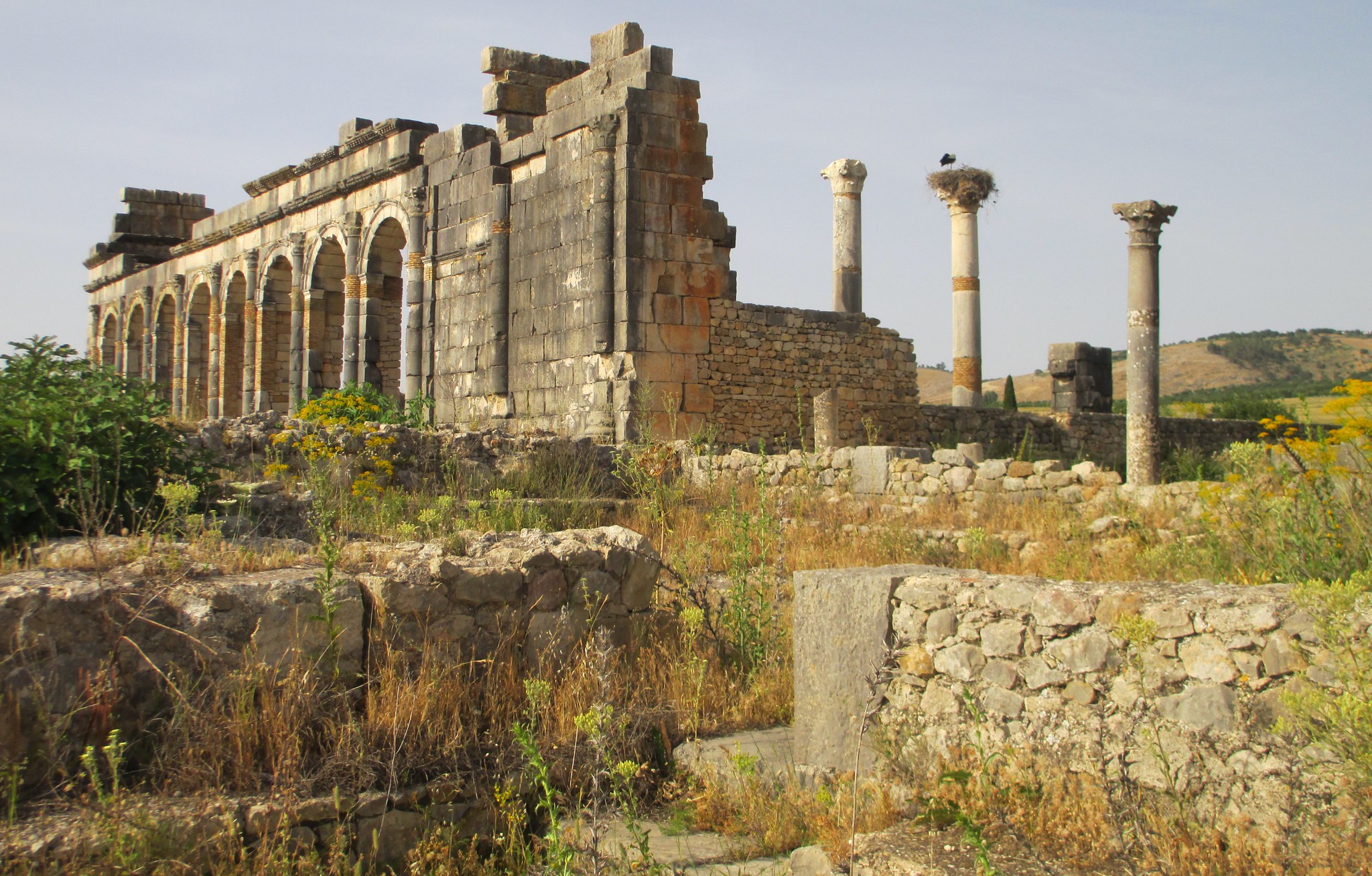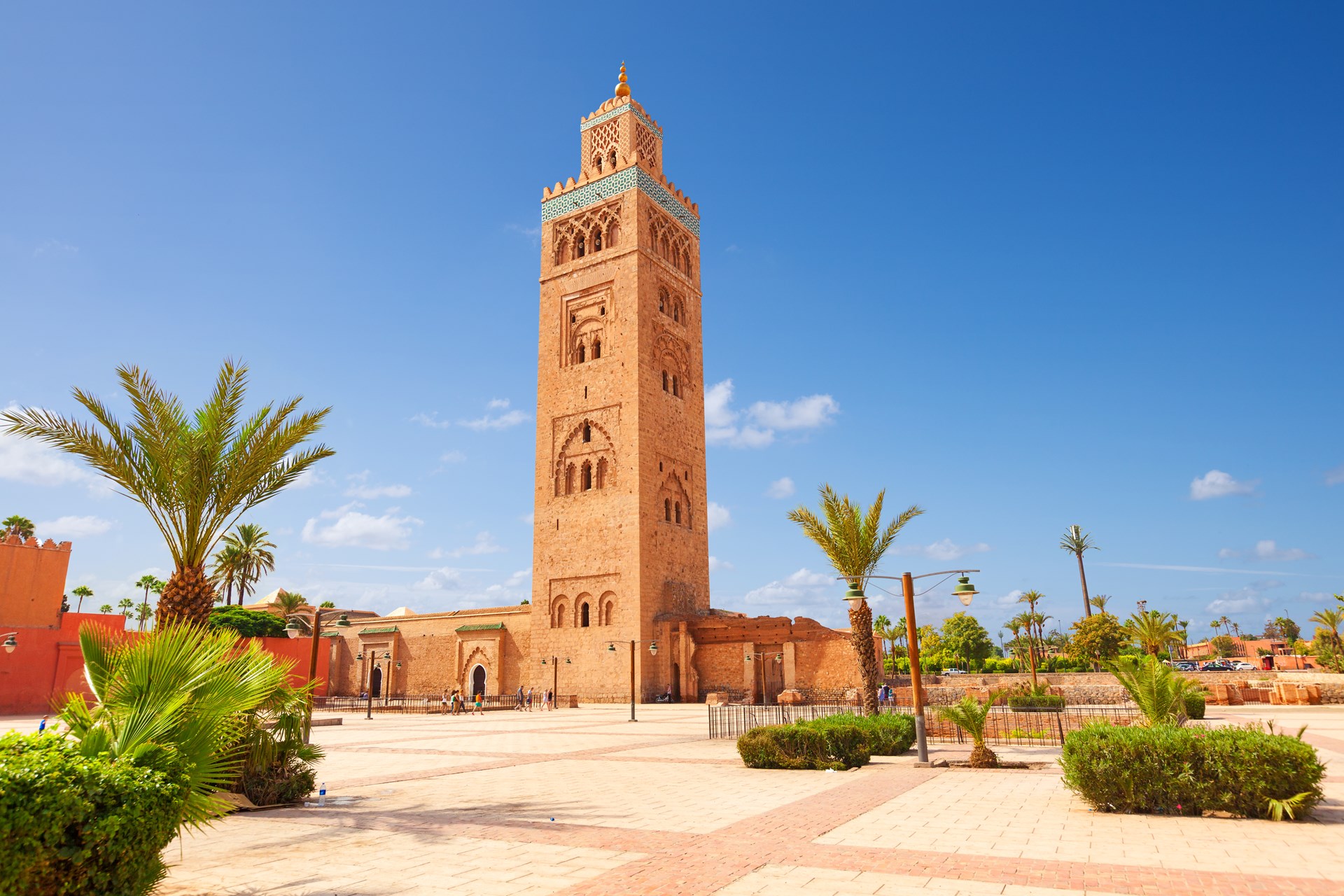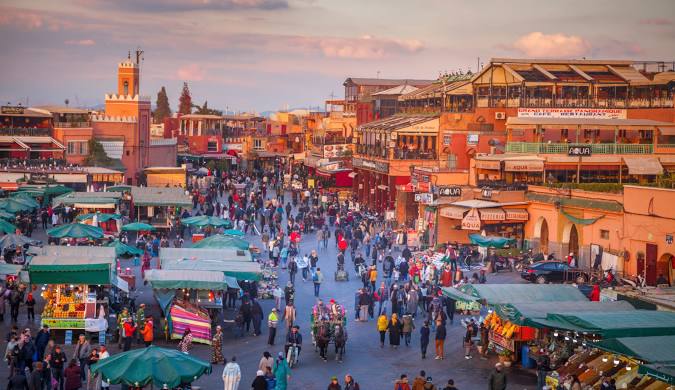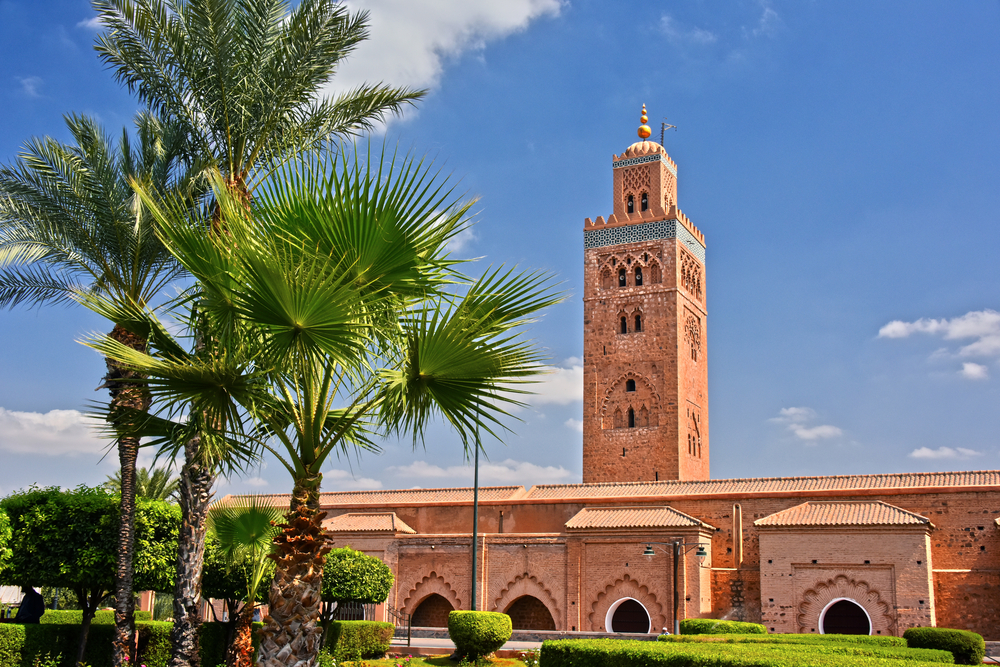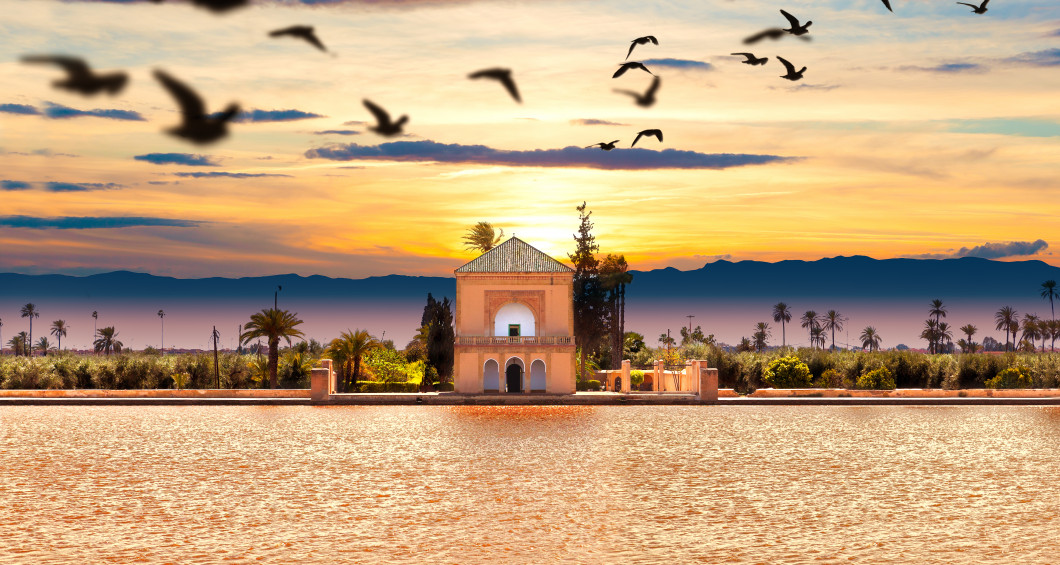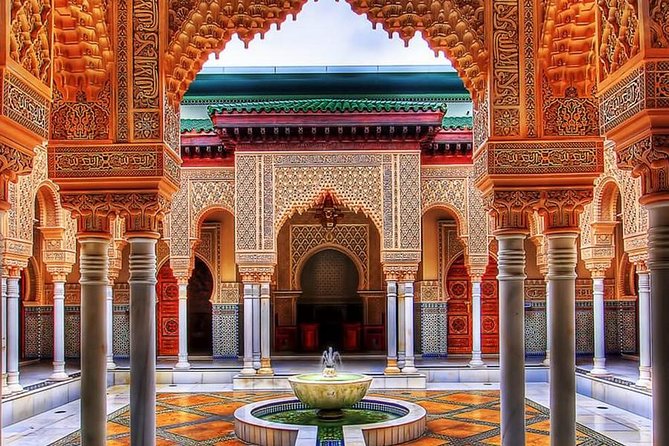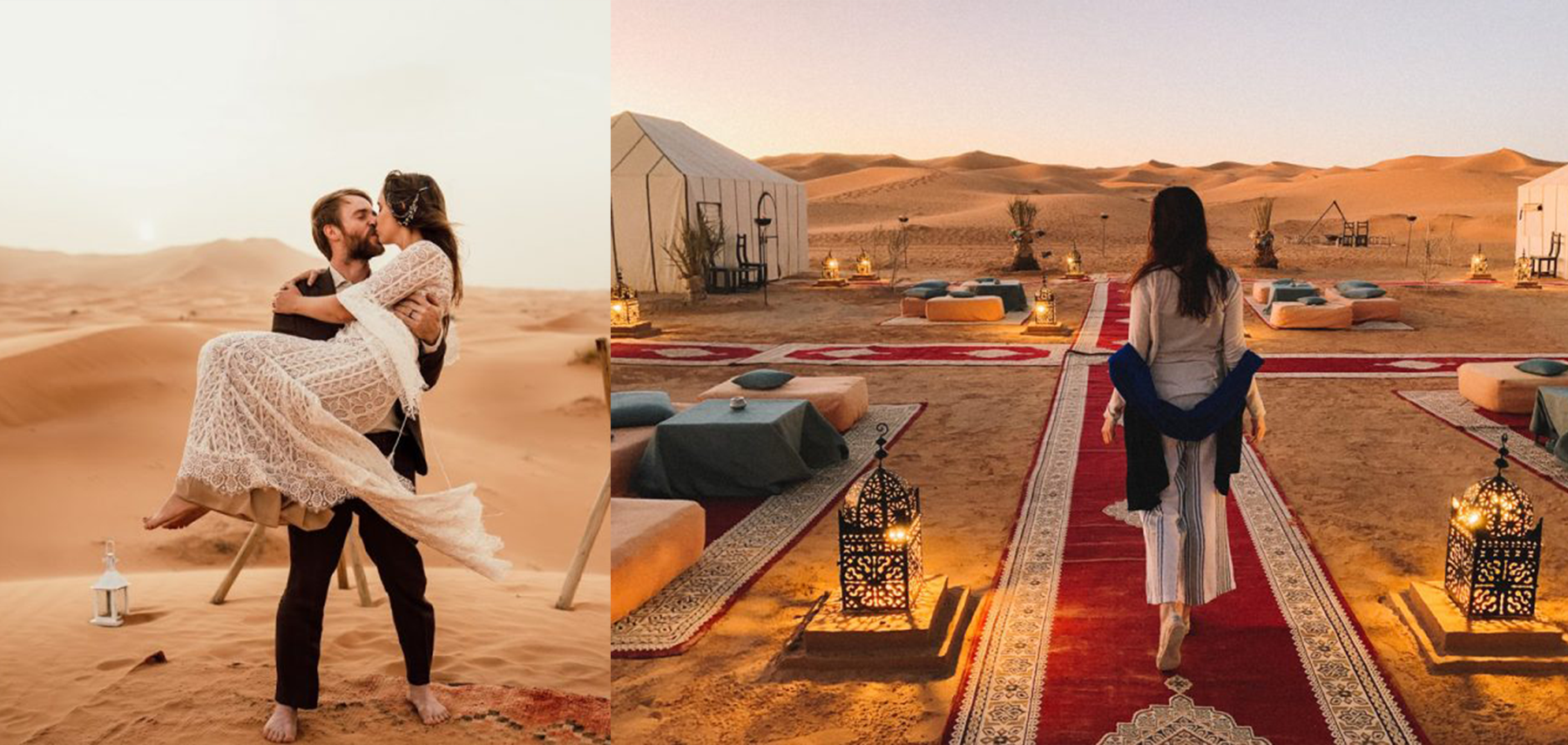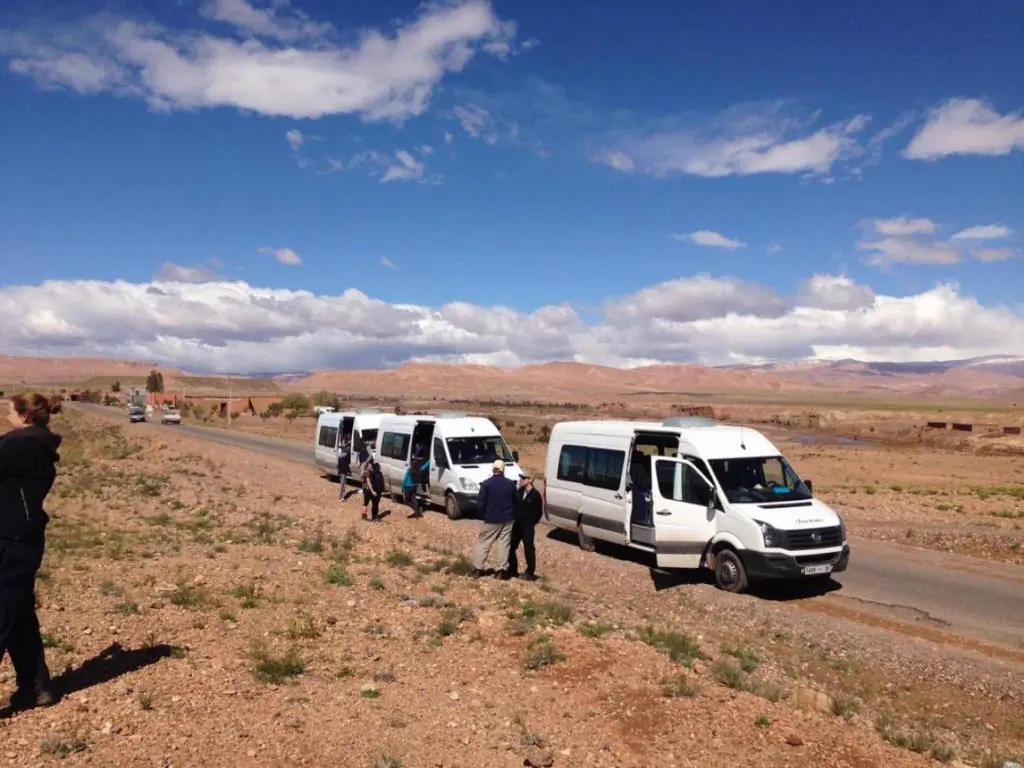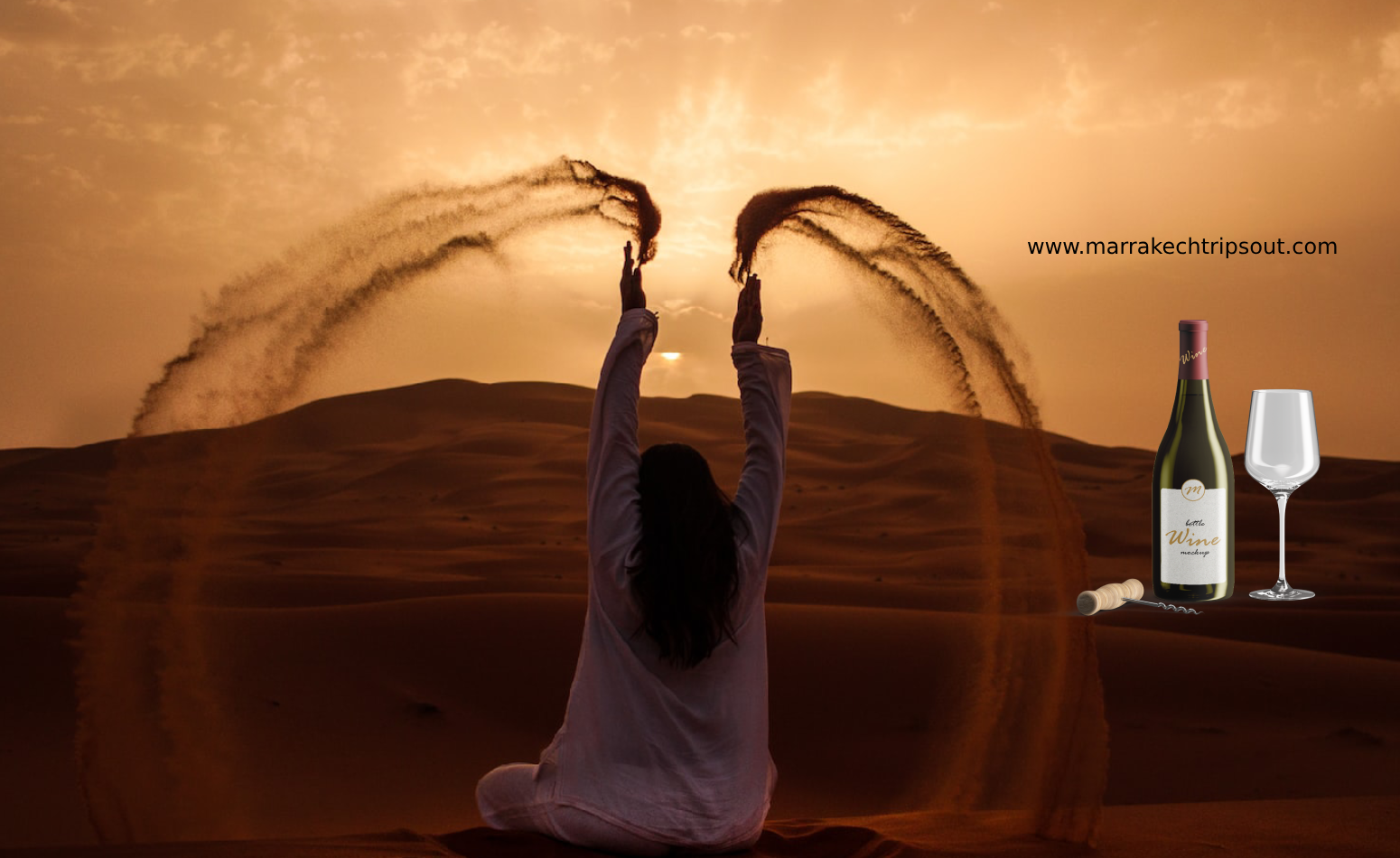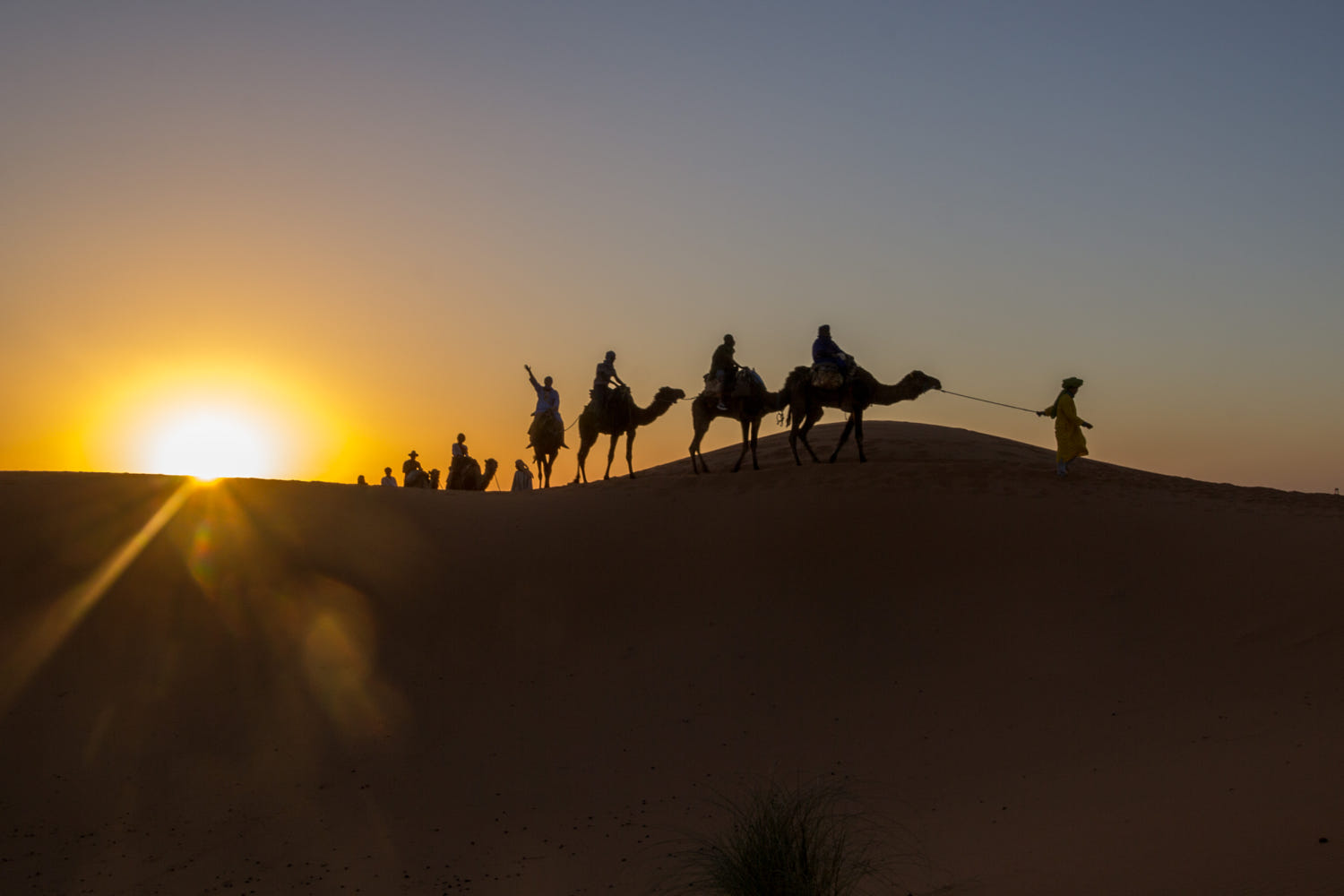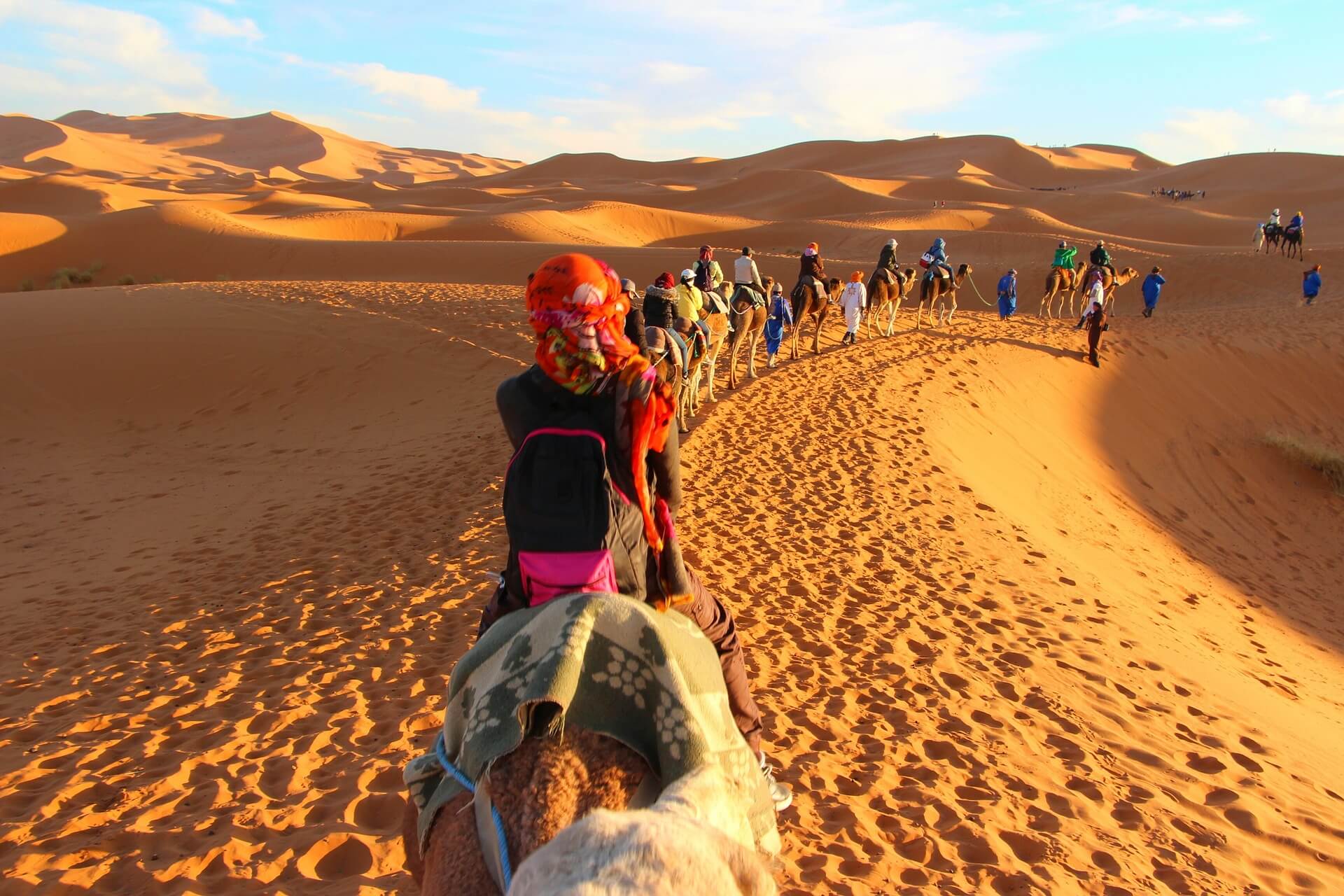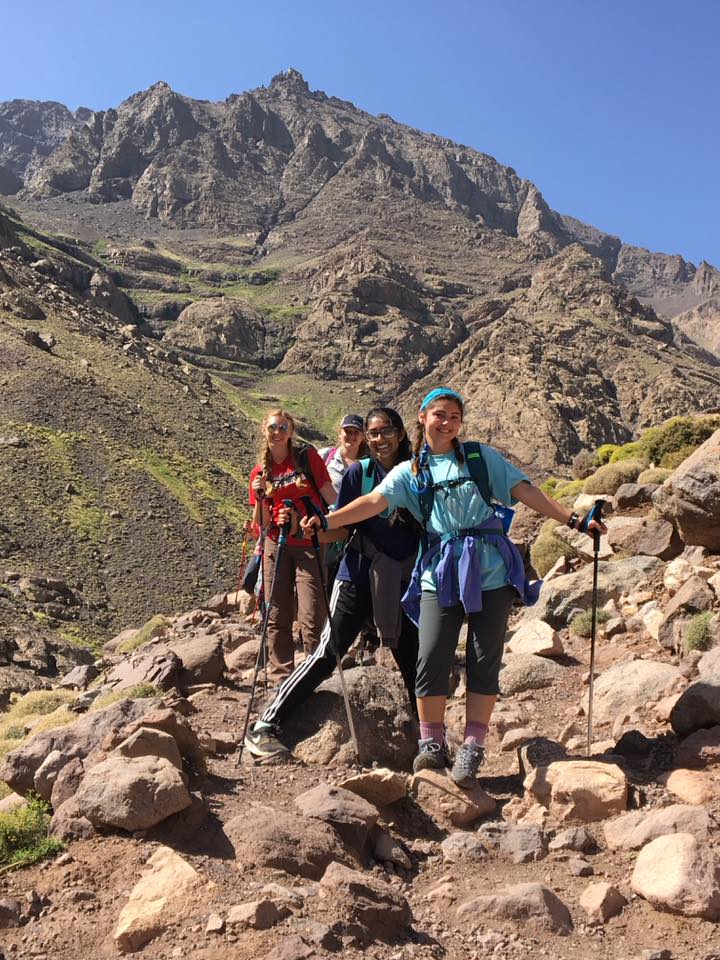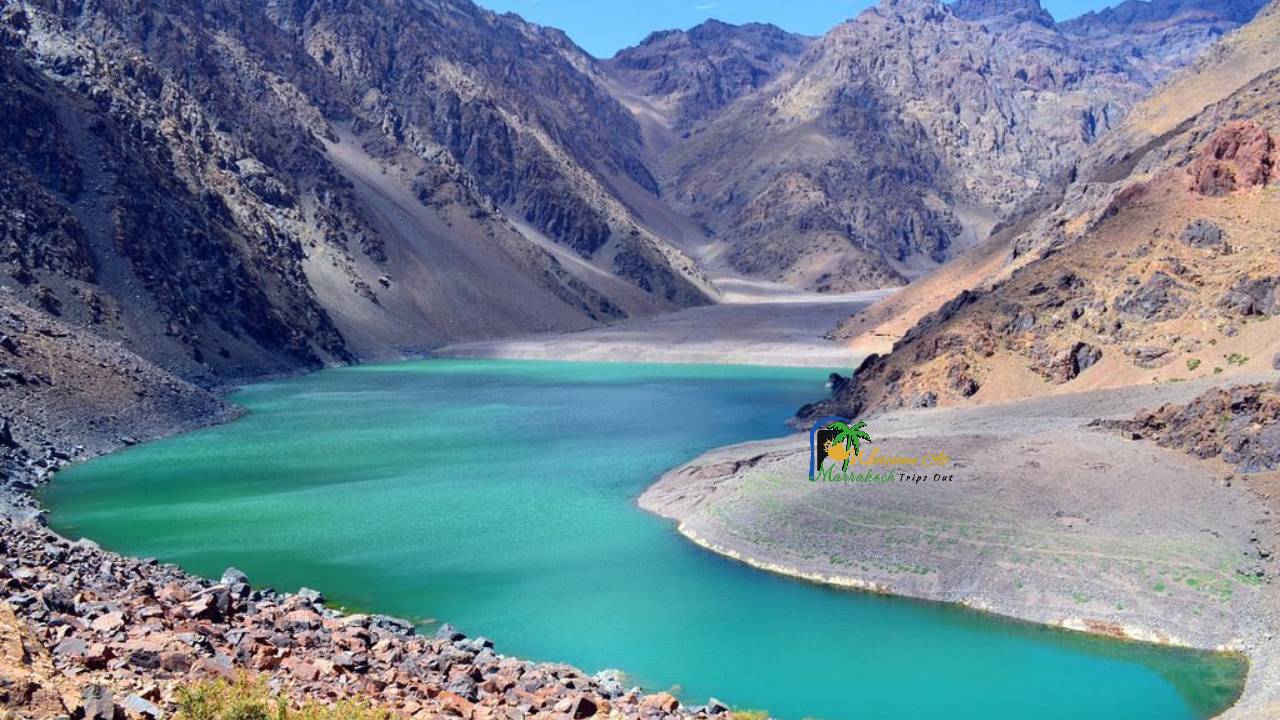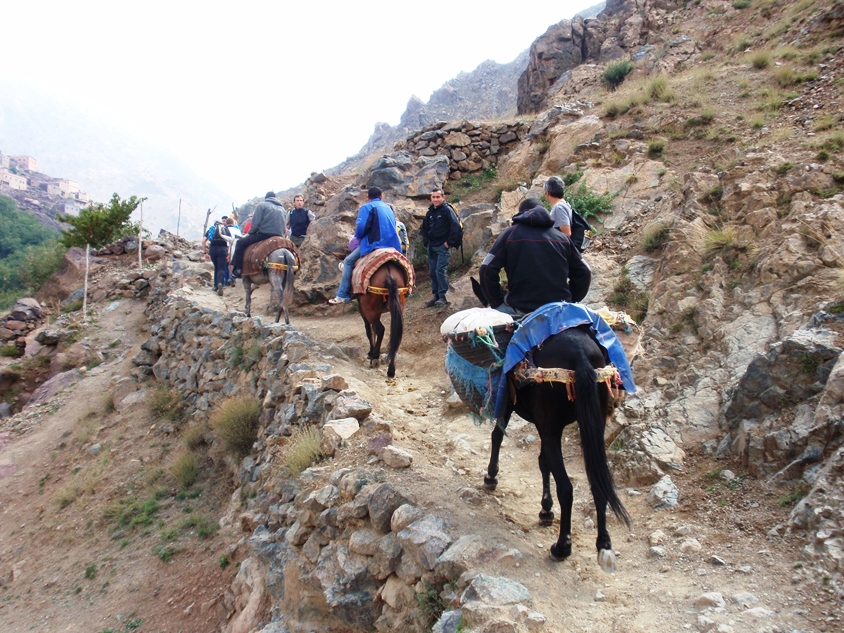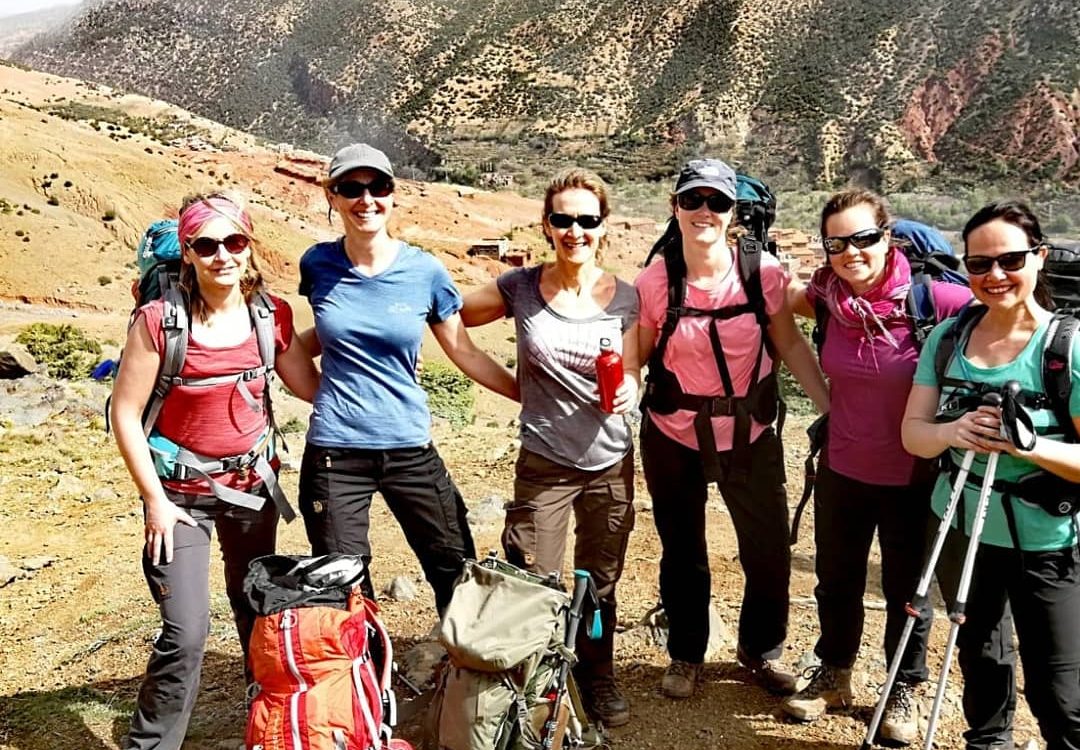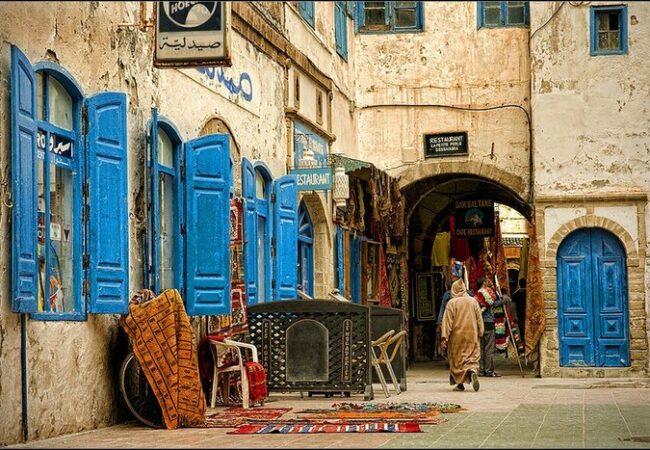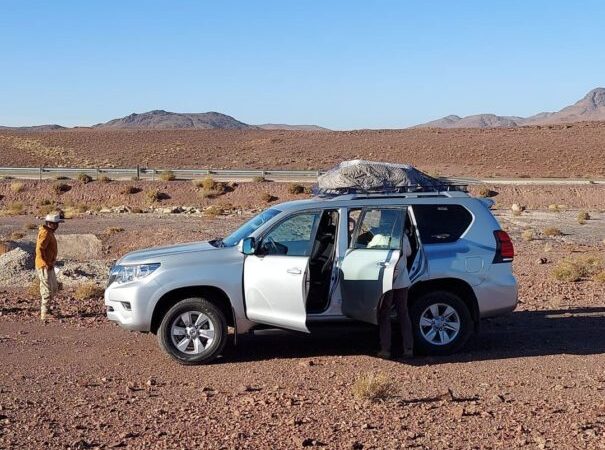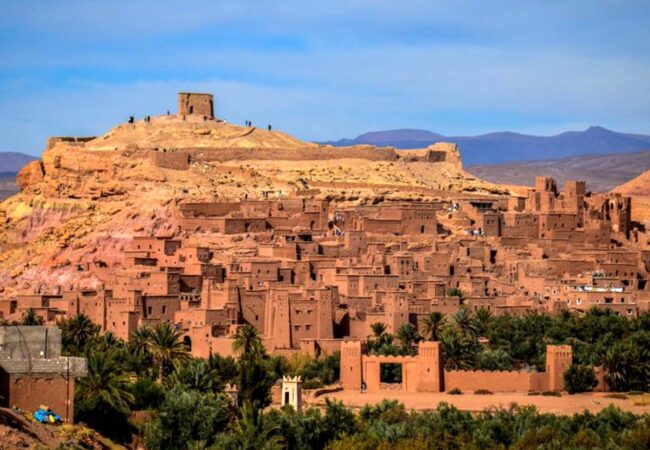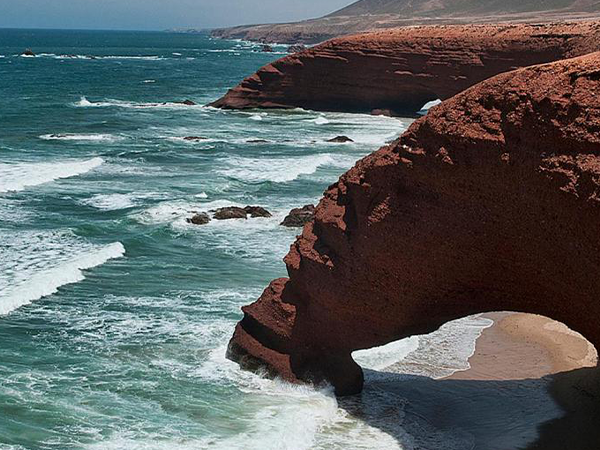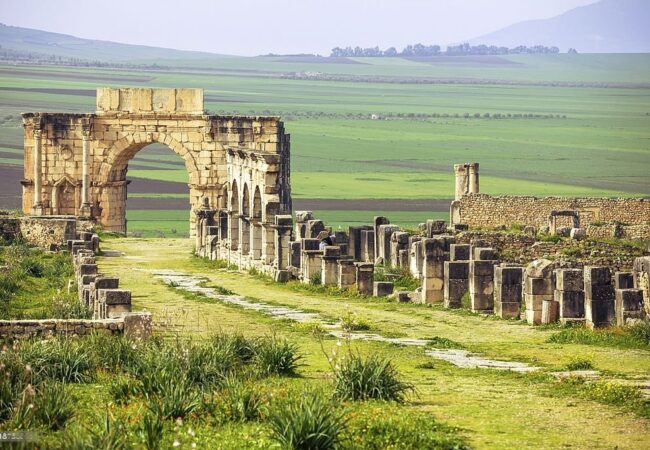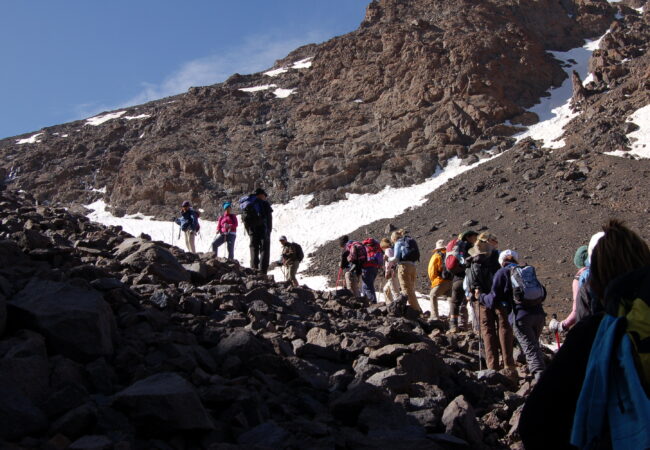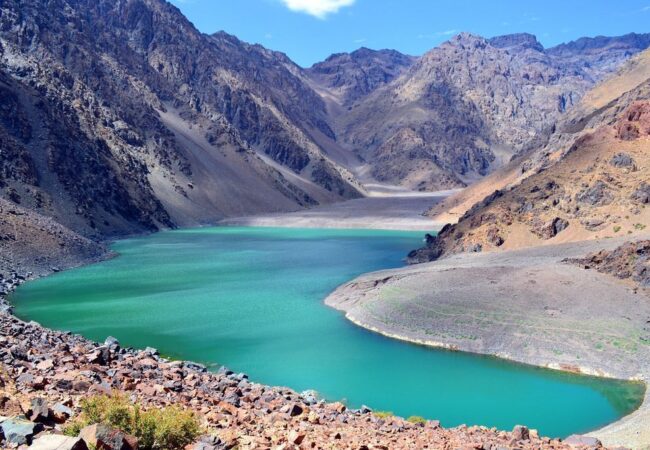Your Epic Atlas Mountain Guide: 5 Amazing Experiences
The journey to the Atlas Mountain range from Marrakech is relatively short, often taking just about an hour by car. If you’re looking for an escape from the vibrant but sometimes chaotic energy of the city, the Atlas Mountains offer a perfect sanctuary of calm, nature, and authentic cultural experiences. This magnificent Atlas Mountain landscape, easily accessible from Marrakech or Fes, is not just visually stunning with its peaks, valleys, and changing scenery, but it’s also rich in history and culture.
Where is the Atlas Mountain Range?
The Atlas Mountain range is a vast system extending across North Africa, specifically through Morocco, Algeria, and Tunisia. Stretching for over 2,500 kilometers, this impressive Atlas Mountain chain acts as a natural barrier, separating the relatively lush North African coast from the immense Sahara Desert to the south. If you look at an atlas mountains map,
you’ll see the majority of the highest peaks reside in Morocco. The highest peak, Toubkal, stands at 4,167 meters and is a prominent feature of any map of high atlas mountains. Understanding the atlas mountains morocco map is key to planning your visit, whether you’re focusing on the High Atlas, Middle Atlas, or Anti-Atlas regions. Getting a visual of the atlas mountains on a map really highlights their scale and location in relation to major cities like Marrakech.
Discovering Authentic Berber Culture in the Atlas Mountain Region
The Atlas Mountain region is the ancestral homeland of the Berber people, also known as the Amazigh. They are the indigenous inhabitants of Morocco, possessing a distinct culture, traditions, and language that predate the arrival of Arabs. Visiting the Atlas Mountains provides a unique opportunity to immerse yourself in this rich heritage.
Experiences range from visiting local villages with their mud-brick houses clinging to mountainsides and steep terraced fields to interacting directly with families and guides. The Berber people are known for their incredible warmth, generosity, and genuine hospitality. Staying in local gîtes or guesthouses, often basic but welcoming, allows you to experience daily life and support these communities directly.
You’ll encounter the diversity of Berber life, from those relying on agriculture to skilled mountain guides. Conversations, sometimes facilitated by locals who speak English, can offer insights into their connection to the land and traditions. Don’t miss the chance to try authentic Berber cuisine, including delicious tagines, madfouna, kofta, and, of course, copious amounts of Moroccan mint tea, a staple of hospitality.
Cultural festivals like the Boujloud Festival, centered around the “Father of Skins,” showcase the vibrant community spirit through dancing and celebration. Witnessing the resilience and resourcefulness of the communities, especially in the aftermath of events like the 2023 earthquake, leaves a profound impact.
Hiking and Adventures in the Atlas Mountain Terrain
The Atlas Mountain range offers a wide spectrum of activities for adventure seekers. Hiking and trekking are particularly popular, with trails suited for all skill levels, from leisurely walks to challenging multi-day expeditions. The map of the atlas mountains in africa reveals routes like the ascent of Mount Toubkal, North Africa’s highest peak. Hiking Toubkal can take 2 to 5 days, although the summit push itself can be done in one long day.
Other popular trekking areas include the Azzadene Valley and the Imlil Valley, often serving as starting points for hikes. Exploring the trails provides breathtaking vistas and a sense of achievement. However, be prepared for challenging terrain, including steep ascents and loose scree slopes.
Using a licensed guide is strongly recommended and has been the standard since 2010. Guides not only ensure safety but also enrich your experience with local knowledge and insights into the atlas mountain environment and communities. Companies like Tourdust and Much Better Adventures offer guided tours.
Beyond hiking, the Atlas Mountain region also caters to other adventures like biking and skiing in winter. Trips can range from a few days exploring the immediate area around Imlil to longer expeditions combining the mountains with the Sahara Desert or Imperial Cities.
Planning Your Atlas Mountain Trip
Getting to the High Atlas Mountains is straightforward, particularly from Marrakech. Grand taxis are a common and affordable way to reach areas like Imlil or Imi Oughlad, serving as key entry points for many trails.
The best time to visit for hiking is typically spring (April-June) and autumn (September-November) when the weather is mild and landscapes are vibrant. Summer can be very hot in lower valleys, while winter brings snow to higher elevations, making conditions more challenging but also quiet and peaceful.
Accommodation in the mountains is generally basic, consisting mostly of guesthouses or gîtes. Tents may be required for Toubkal summit treks. Your guide can usually arrange accommodation. Packing essentials is crucial as shops are scarce. Depending on the trek difficulty and length, mules can be hired to carry luggage.
Compared to other destinations, visiting the Atlas Mountain region is often more affordable. Costs for guides, accommodation, and transport are reasonable.
The Impact of the Atlas Mountain Experience
Spending time in the Atlas Mountain range offers more than just physical activity; it’s a chance for a profound digital detox and a mental reset. Away from constant notifications and connectivity, you connect more deeply with your surroundings and fellow travelers.
Challenges encountered on the trails, whether altitude, scree, or physical exertion, build resilience and self-confidence. The experience can be transformative, pushing you out of your comfort zone and providing a new perspective on life and challenges. It helps put daily stresses into perspective and foster gratitude. The satisfaction of achieving a summit or completing a trek is immense. The strong sense of community among the Berber people is also deeply impactful, fostering a feeling of safety and belonging.
Table of Contents






